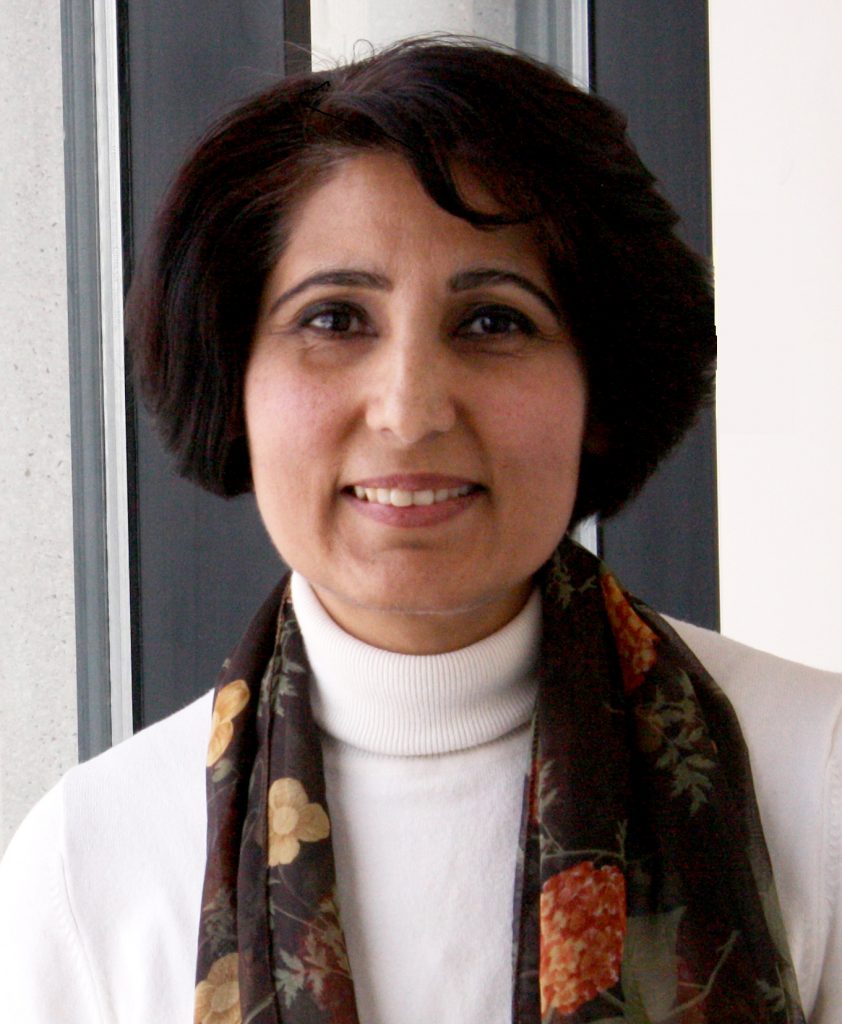A dialogue series exploring Afghan refugee health and well-being will focus on the topic “Women’s Empowerment, Health & Well-being: Global to Local” for its second instalment on March 18 from 2 to 3:30 p.m.
The series is sponsored by York University’s School of Health Policy and Management and organized by the Afghan Response Working Group with members and support from York’s Faculty of Health, the Centre for Refugee Studies and the Dahdaleh Institute for Global Health Research.

In late August 2021, Afghanistan experienced severe political turmoil after the withdrawal of foreign forces and subsequent takeover by the Taliban. Currently, millions of people in Afghanistan are living under fear, deteriorating life conditions and risk of famine. Canada has committed to a rescue effort by providing safe passage to 40,000 Afghans. While arriving in a new country offers safety and opportunities, the experience of forced displacement results in a multitude of disruptions in one’s social life, health and resources. To understand better what might work for newly arrived Afghan refugees to Canada to feel at home, Faculty of Health Professor Farah Ahmad and her team launched a dialogue series on Afghan Refugee Health and Well-being.
Through a strength-based approach, the goal of the dialogue series is to create an understanding of pathways to resilience and capacity building through inclusion, involvement and participation of Afghan community members, scholars and service providers. By sharing their perspectives – first-hand, front-line and scholarly – a critical dialogue is fostered to help achieve an understanding of what newly arrived Afghan refugees need to settle into life in Canada.
Speakers in the series range from experts in global challenges to those at the frontline of refugee settlement organizations and scholars with thought-provoking insights on health and well-being.
In the second instalment, speakers will share their insights on the challenges in times of conflict, including women’s empowerment and health through a global lens, with remarks by Nadia Sakhi; experiences of women and resilience in Afghanistan, with remarks by York alumna Farkhunda Muhtaj; refugee settlement and well-being, with remarks by York alumna Freshta Pardis; and intersectionality as a framework of understanding, with remarks delivered by Faculty of Health Professor Marina Morrow.
Register for the event here.
About the speakers:
Nadia Sakhi is an international development professional with over 15 years of experience in program management and institutional capacity building in education, women empowerment, local government, civil society and private sector development. In addition, her current work is to enhance the capacity of Afghan civil society – both in the diaspora and in Afghanistan – to protect and advance women’s rights. Sakhi has a master’s degree in international relations and public administration from George Mason University and a double bachelor’s degree in business management and political science from the U.S. and Pakistan, respectively. She is an Initiative to Educate Afghan Women (IEAW) scholar and is currently an active advisory board member for IEAW.
Farkhunda Muhtaj is captain of the Afghanistan Women’s National Soccer Team and competes in the Turkish Super League. She played an instrumental role in the evacuation of the Afghanistan Youth National Team to Portugal. She captained York University’s Women’s Soccer Team and earned two undergraduate degrees from York University – the first in Kinesiology and Health Science and the second in education.
Freshta Pardis holds a bachelor’s degree in social work with a minor in psychology, and a master’s of social work from York University. She is a registered social worker and trained in dialectical behaviour therapy. She has worked on the front line for the past seven years. She is currently working with Afghan Women’s Organization as a mental health worker supporting newcomer refugees. Her goal is to advocate, be an ally to, and support newcomers through their resettlement journey.
Marina Morrow is professor and chair of the School of Health Policy and Management in the Faculty of Health at York University. Her research is in critical health policy with a focus on mental health. Some of the themes she explores in her work include: mental health and social inequity; mental health, citizen engagement and social justice; neoliberal reforms, gender and health and, intersectional theory and approaches in mental health. Morrow is the lead editor of Critical Inquiries for Social Justice in Mental Health, 2017 University of Toronto Press. Morrow strongly supports public scholarship and collaborative research partnerships with community-based organizations, health care practitioners, advocates and policy decision-makers.
The session will be moderated by Wajma Soroor, an affiliate of the Office of Women’s Health Research Chair in Mental Health Research in the Faculty of Health at York University, and co-moderated by Ahmad.


